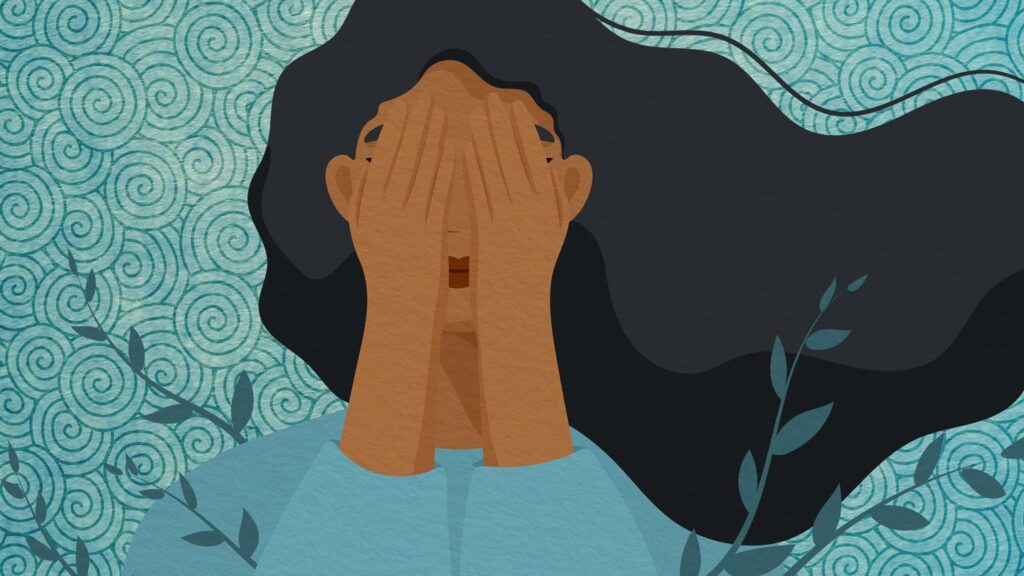Improving your mental health and eliminating depression

What is Mental Health?
According to W.H.O, Mental health is the foundation for the well-being and effective functioning of individuals. It is more than the absence of a mental disorder; it is the ability to think, learn, and understand one’s emotions and the reactions of others. Mental health is a state of balance, both within and with the environment. Physical, psychological, social, cultural, spiritual and other interrelated factors participate in producing this balance. There are inseparable links between mental and physical health. More than 100 million people suffer from mental health disorders in the Western Pacific Region. Depressive disorders alone are responsible for 5.73% of the disease burden in here.
Mental health includes our emotional, psychological, and social well-being. It affects how we think, feel, and act. It also helps determine how we handle stress, relate to others, and make choices. Mental health is important at every stage of life, from childhood and adolescence through adulthood.
What is Depression?
According to W.H.O, Depression is a common mental disorder. Globally, it is estimated that 5% of adults suffer from the disorder. It is characterized by persistent sadness and a lack of interest or pleasure in previously rewarding or enjoyable activities. It can also disturb sleep and appetite. Tiredness and poor concentration are common. Depression is a leading cause of disability around the world and contributes greatly to the global burden of disease. The effects of depression can be long-lasting or recurrent and can dramatically affect a person’s ability to function and live a rewarding life.
According to W.H.O, The causes of depression include complex interactions between social, psychological and biological factors. Life events such as childhood adversity, loss and unemployment contribute to and may catalyse the development of depression. Psychological and pharmacological treatments exist for depression. However, in low- and middle-income countries, treatment and support services for depression are often absent or underdeveloped. It is estimated that more than 75% of people suffering from mental disorders in these countries do not receive treatment.
How can you improve your health and deal with depression?
- Change your thinking
- Staying positive
- Go outside & get sunlight
- Exercise regularly
- Get plenty of restful sleep each night
- Enjoy social interactions
- Stop Overthinking
- Practicing gratitude
- Developing a sense of meaning and purpose in life
- Relaxation techniques
- Reach out
- Go to therapy
